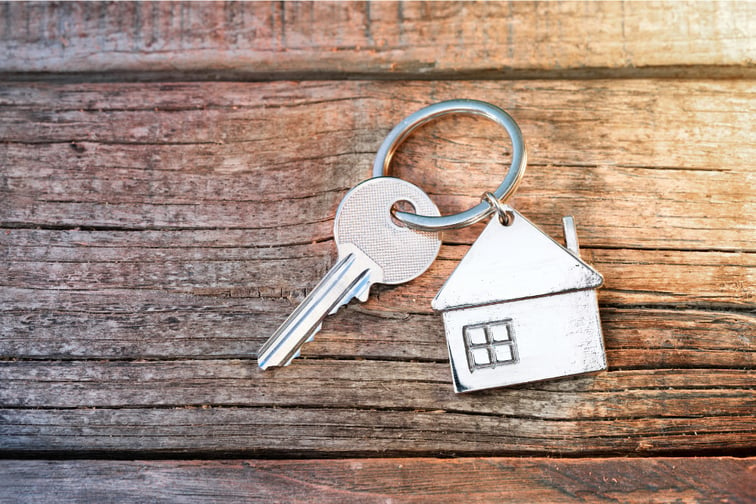

As Australians take a break this Easter, The Insurance Council of Australia (ICA) has warned short-term holiday rental hosts not to place their most valuable assets at risk.
According to the ICA, nearly 500,000 Australian hosts have listed their property on short-term holiday rental platforms since 2016, with Easter and Christmas identified as popular times to list a home.
However, hosts offering their properties on short-term holiday rental platforms are most likely not covered for damage caused by short-term tenants under their home and contents insurance because most insurers regard short-term holiday rental as commercial property use or a business activity.
The ICA further explained that insurers might decline a home building or contents claim incurred while a property is being rented by short-term tenants, leaving the host financially liable and vulnerable to financial loss.
“The Insurance Council is aware of frightening stories of hosts returning after short-term paying guests have departed to find their house stripped of possessions or significantly damaged,” said ICA CEO Andrew Hall.
The ICA has advised hosts considering short-term holiday renting to:
The ICA also noted that some insurers have started offering specialty policies for hosts who self-manage their property. For example, some policies allow policyholders to tailor their cover to the number of nights the property is rented and daily cost being as little as the price of a take-away coffee.
“Short-term renting is a legitimate and attractive activity that turns many homeowners into short-term landlords, but it's vital that they do this properly and have insurance cover for the unexpected,” Hall said. “Short-term rental landlords wouldn't leave home without locking their property – this Easter, they mustn't leave home without the right insurance cover.”
In addition to hosts, drivers were urged to become more cautious on the road as they travel during the Easter break – with dash cam manufacturer Nextbase revealing that one in 10 Australians had a car accident in 2021, and the likelihood of being in a car accident has increased in metropolitan cities by up to 12% compared to regional areas.
